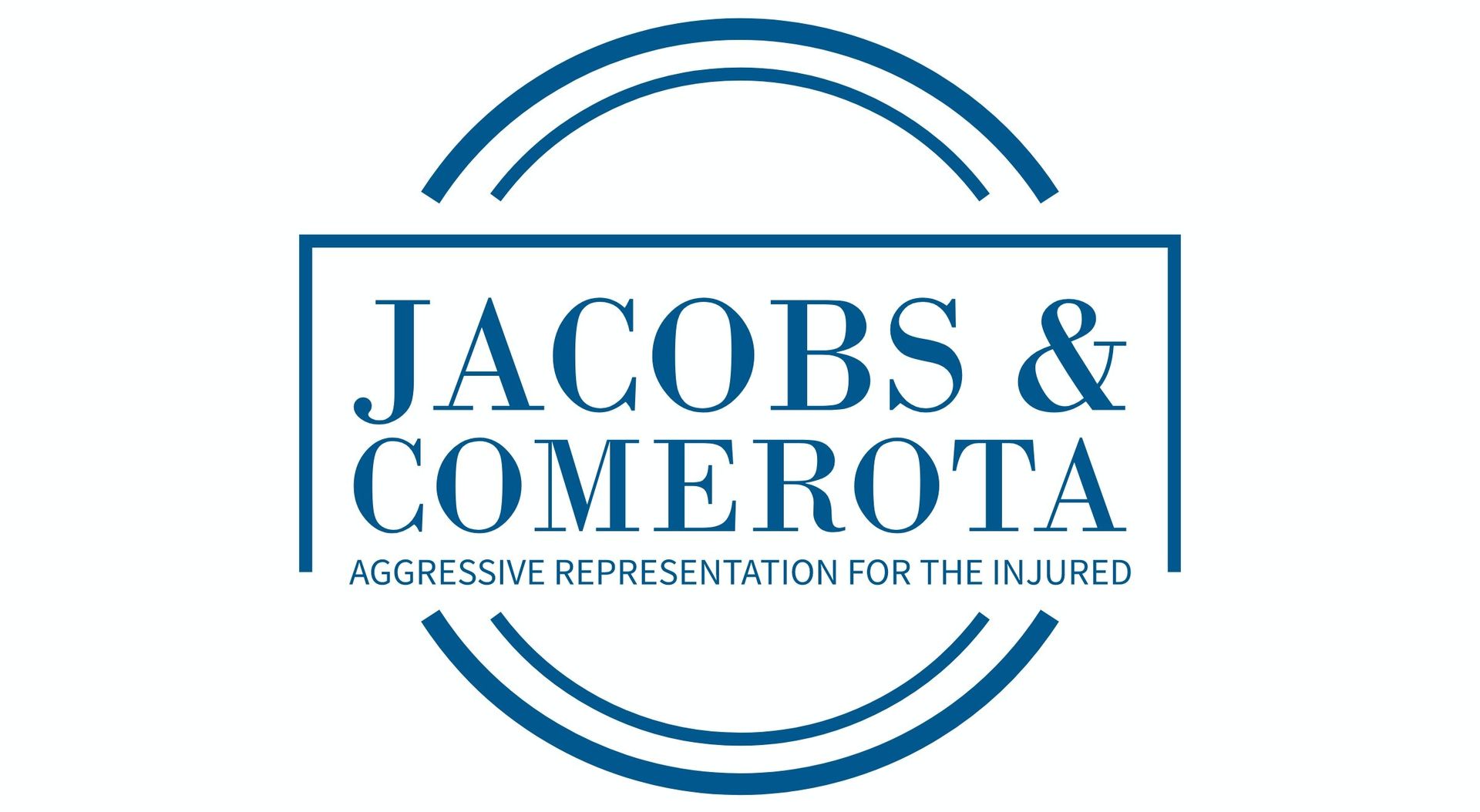How an Attorney Can Help You Get the Most Out of Your Settlement
By Todd B. Jacobs | October 14, 2025
Understanding the intricacies of achieving a fair settlement can be daunting. Hiring an experienced attorney, such as a skilled personal injury lawyer, can greatly enhance your chances of receiving the compensation you deserve. From assessing the value of your claim to providing emotional support, an attorney acts as both a legal and personal advocate. In an often complex and overwhelming landscape, their expertise is invaluable.
1. Assessing the Value of Your Claim
When assessing economic damages, attorneys meticulously evaluate various tangible costs you may have incurred. A personal injury lawyer delves into understanding lost wages, where precise calculations can help you recover your financial losses. Medical expenses are another crucial component, requiring the detailed examination of bills and future treatment costs. By analyzing all relevant documentation, attorneys build a strong foundation for your claim. This thorough examination ensures that nothing is overlooked, providing a comprehensive view of your financial needs.
Non-economic damages, although intangible, significantly impact your life post-incident. A lawyer considers factors like pain and suffering, which require a deep understanding of your emotional and psychological trauma. They utilize various methods to assign monetary values to these intangible losses. This aspect demands sensitivity and expertise to ensure a fair representation of your hardships. With skillful advocacy, attorneys ensure these crucial aspects of your life are not undervalued in settlement negotiations.
Collecting essential documentation is a cornerstone in substantiating your claim. Attorneys guide you in gathering comprehensive medical records, detailed bills, and supporting documentation to establish economic damages. They help you compile evidence that demonstrates the necessity of future medical treatments, creating a clearer picture of long-term costs.
2. Navigating Legal Procedures
Filing paperwork correctly and on time is critical in the legal process. A personal injury lawyer ensures that each document required for your claim is prepared accurately to avoid clerical errors that could hinder your case. By managing this aspect, they maintain the integrity and progress of your legal proceedings. Each document filed reflects your interests and aims to protect your rights at every stage. With their organized approach, attorneys eliminate common pitfalls inherent in legal bureaucracy.
Crafting an effective legal strategy requires a deep understanding of the case’s unique elements. Attorneys consider every facet of your situation to tailor approaches that maximize potential outcomes. Their strategies may include negotiations, mediations, or preparing for possible trial scenarios. Knowing that only 4% of cases are taken to trial, according to a study completed by Lawyers.com, most issues are resolved through negotiation or mediation. This statistic underscores the importance of a solid strategic plan focused on reaching amicable settlements.
Effective courtroom representation is essential, with attorneys guiding you through each phase of the proceedings. A personal injury lawyer presents evidence, questions witnesses, and argues persuasively on your behalf. This ensures your rights and interests are advocated for with expertise and dedication. Though few cases reach trial, your attorney’s preparedness remains integral for those that do. By managing court appearances, attorneys work to glean favorable outcomes for your case at every step.
3. Negotiating With Insurance Companies
Experienced attorneys use their knowledge to navigate negotiations with insurance companies skillfully. A personal injury lawyer understands the tactics employed by insurance adjusters, positioning your case advantageously. This expertise is crucial in advocating for fair compensation reflective of all your losses.
Insurance companies often employ tactics to delay or deny claims, complicating the settlement process. Attorneys identify and counter these tactics effectively, preventing you from receiving less than deserved. Armed with knowledge and persistence, attorneys work to protect your rightful interests in this adversarial setting.
The strategic presentation of evidence strengthens your negotiation position during settlements. Attorneys know how to utilize documentation and testimonies to compellingly communicate your losses. This approach can sway discussions, prompting insurers to reassess their valuations of your claim. They present evidence in ways that highlight the strengths while minimizing weaknesses. A personal injury lawyer’s ability to effectively argue the nuances of your case often determines negotiation success and settlement size.
4. Providing Legal and Emotional Support
Open communication between clients and attorneys is fundamental to a successful legal partnership. A personal injury lawyer ensures you are well-informed, regularly updating you on case developments, timelines, and options. This transparency fosters trust and enables informed decision-making throughout the process. Regular dialogue also ensures immediate attention to concerns or changes in your situation. Communication, therefore, becomes a pillar of support during the entirety of your legal journey.
Handling intricate legal details is stressful and can detract from recovery or normal daily activities. Attorneys alleviate this burden by managing paperwork, timelines, and strategy considerations. Their involvement allows you to focus on personal recovery with the assurance that your legal matters are in capable hands. With this peace of mind, clients can concentrate on healing rather than administrative complexities.
5. Ensuring Compliance With Settlement Agreements
Within settlement agreements, it’s crucial to safeguard clients’ legal rights. Attorneys play a vital role in ensuring that terms do not infringe upon these rights. Through vigilant review and negotiation, any questionable clauses are identified and amended accordingly. This protection extends throughout settlement distribution, shielding you from potential exploitation or oversight. Their proficiency in terms of navigation ensures your rights remain intact from agreement to execution.
Settlement funds require careful management and distribution to guarantee fairness. Attorneys oversee this process, ensuring all disbursements adhere to court orders or settlement terms. They coordinate payouts, including addressing liens or outstanding medical bills, before client receipt. This management ensures that you receive the full settlement that reflects accurate deductions or allocations. Their involvement is central to securing a clear, justified distribution process, ensuring client satisfaction.
Even after settlements, breaches may occur, demanding firm enforcement of agreement terms. Attorneys manage these situations, initiating legal actions where necessary to uphold court-sanctioned agreements. This may involve pursuing additional court involvement or negotiations to address violations effectively. The ability to enforce terms remaining within compliance exemplifies the continuity of their role post-settlement. By ensuring adherence to the agreed-upon terms, attorneys secure definitive resolution and peace of mind.
6. Leveraging Professional Networks
Your attorney’s professional network includes connections with financial advisors, enhancing post-settlement planning. They coordinate with these experts to provide tailored financial advice and management plans. Such collaborations ensure settlements are invested wisely or managed effectively over the long term. By leveraging these networks, your financial future becomes more secure, informed by expert input. This partnership offers an advantage not only in recovery but also in sustaining post-settlement well-being.
Access to top-tier medical opinions strengthens claims concerning health-related damages. Attorneys use their connections to link clients with healthcare specialists for assessments or expert testimonies. These medical insights are invaluable in establishing sustained or future medical needs for comprehensive evaluations. By facilitating these collaborations, attorneys underpin claims with solid, verifiable medical evidence. Their access to such resources enhances case credibility, fostering stronger negotiation positions.
Partnering with a skilled personal injury lawyer can significantly influence the outcome of your settlement negotiations, ensuring you receive the compensation you rightfully deserve. They navigate complex legal landscapes, offer valuable advice, and provide peace of mind, making their involvement crucial in the pursuit of a fair settlement. Understanding all aspects, from claim evaluation to leveraging professional networks, highlights the multifaceted role attorneys play. With their guidance, you can engage confidently in pursuing legal remedies that acknowledge and address all damages incurred. In an overwhelming legal environment, their dedication becomes the cornerstone of successful resolution and recovery. For all of your personal injury representation needs, contact Jacobs & Comerota today!











Share On: